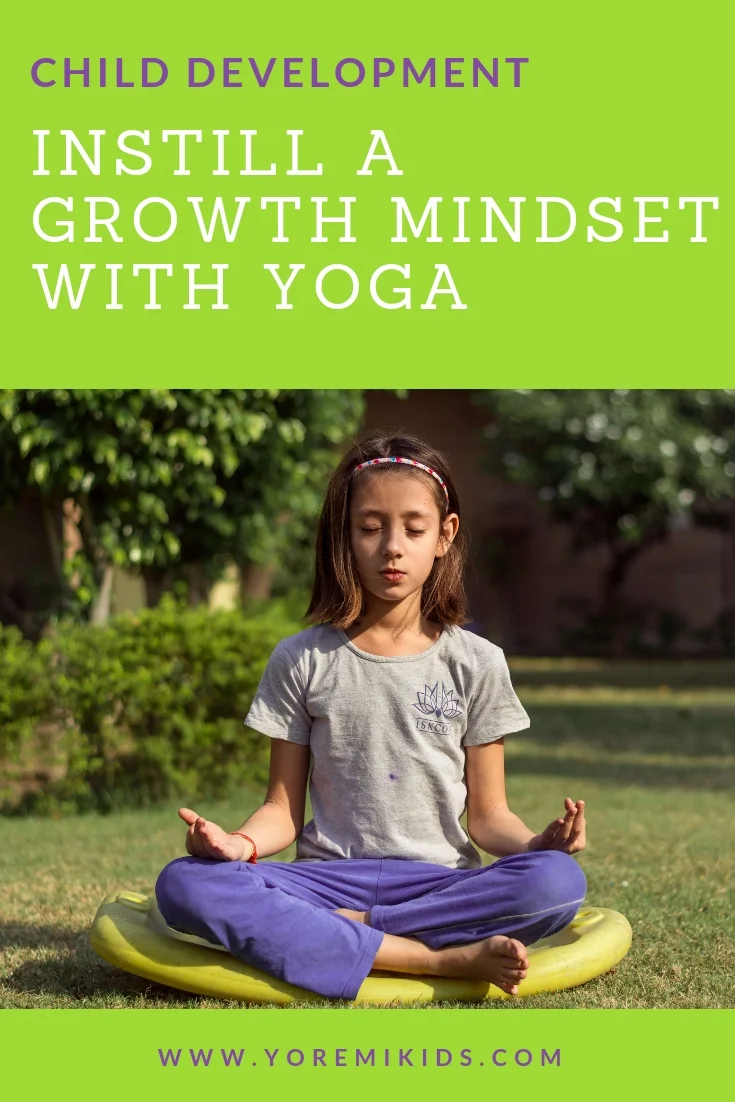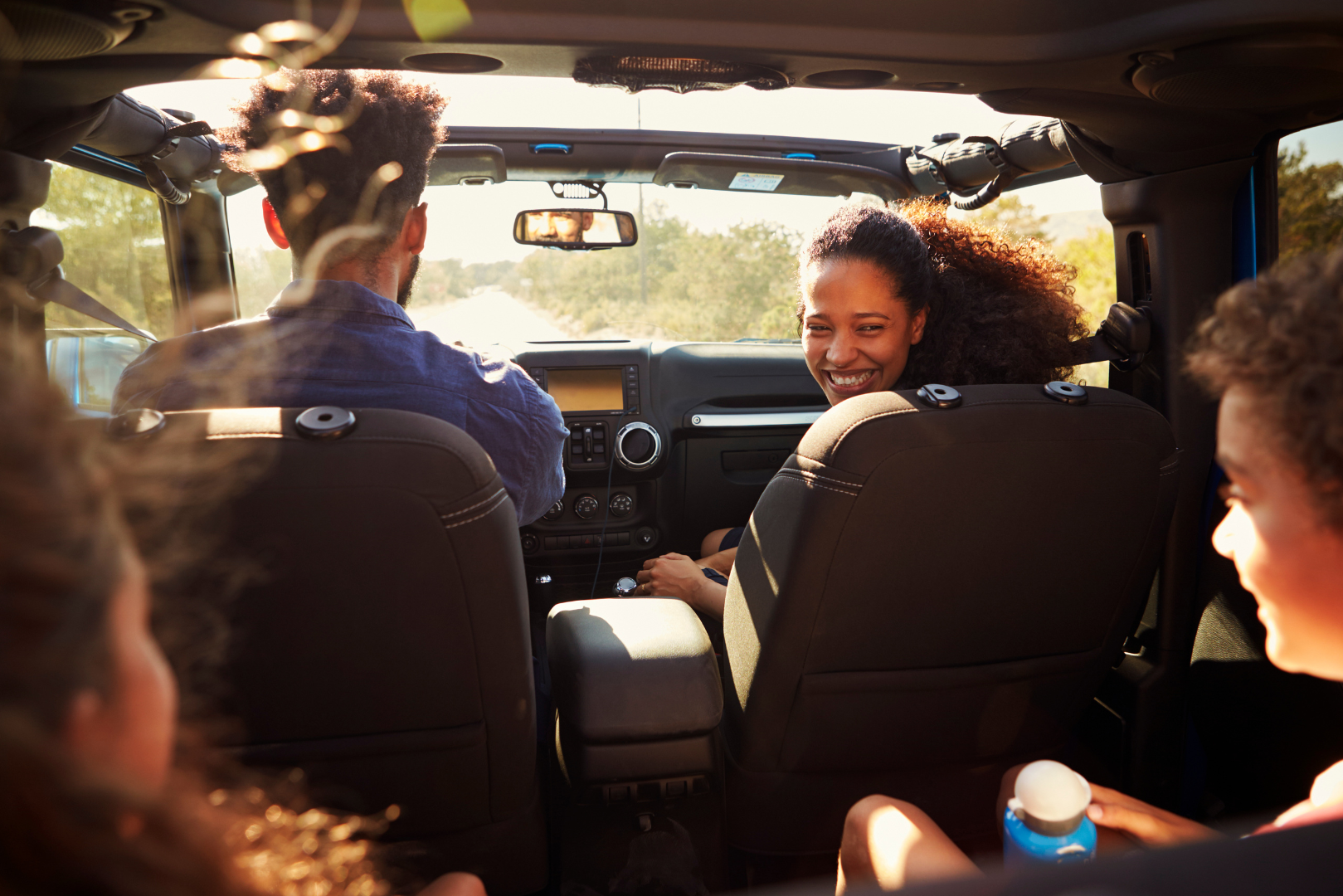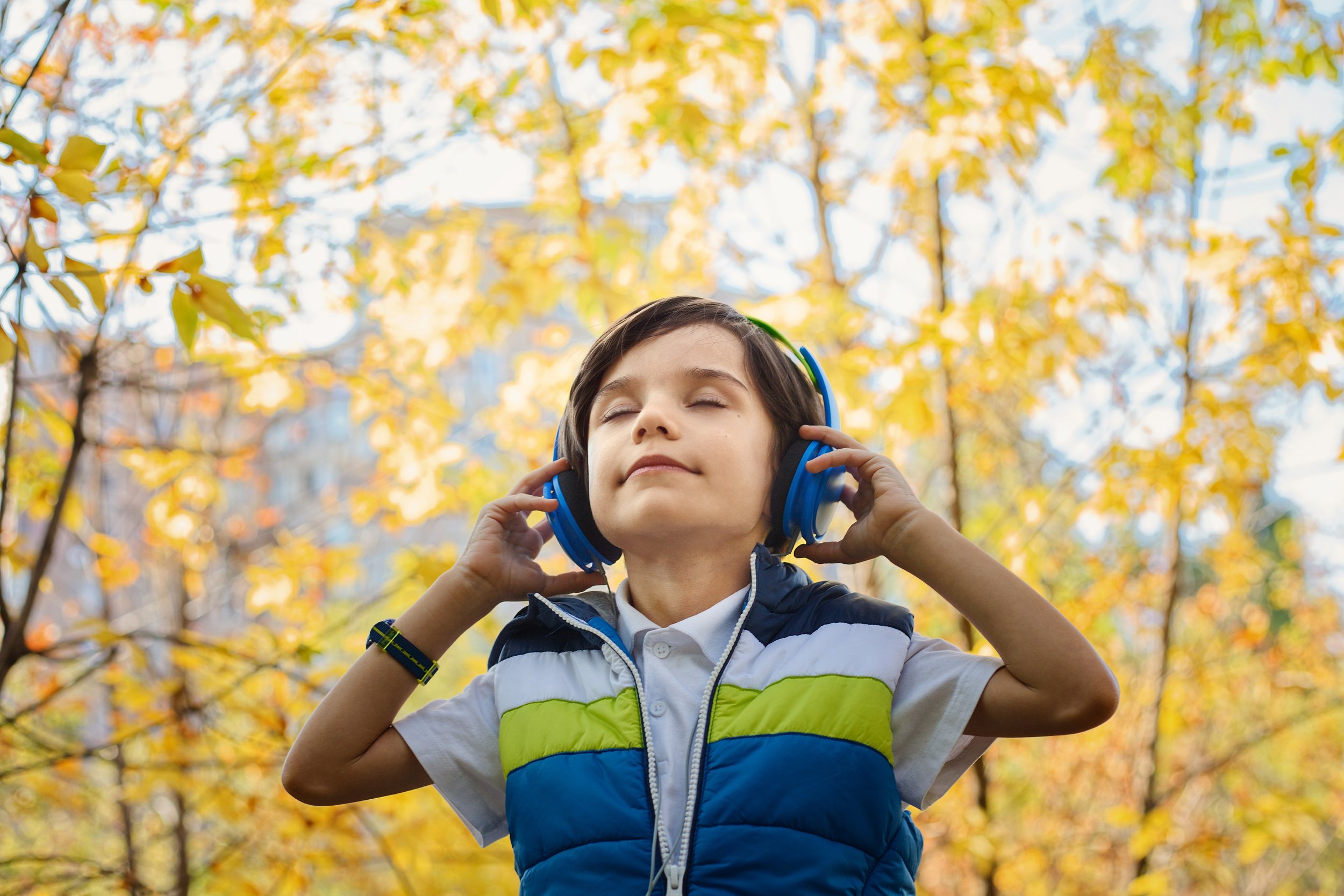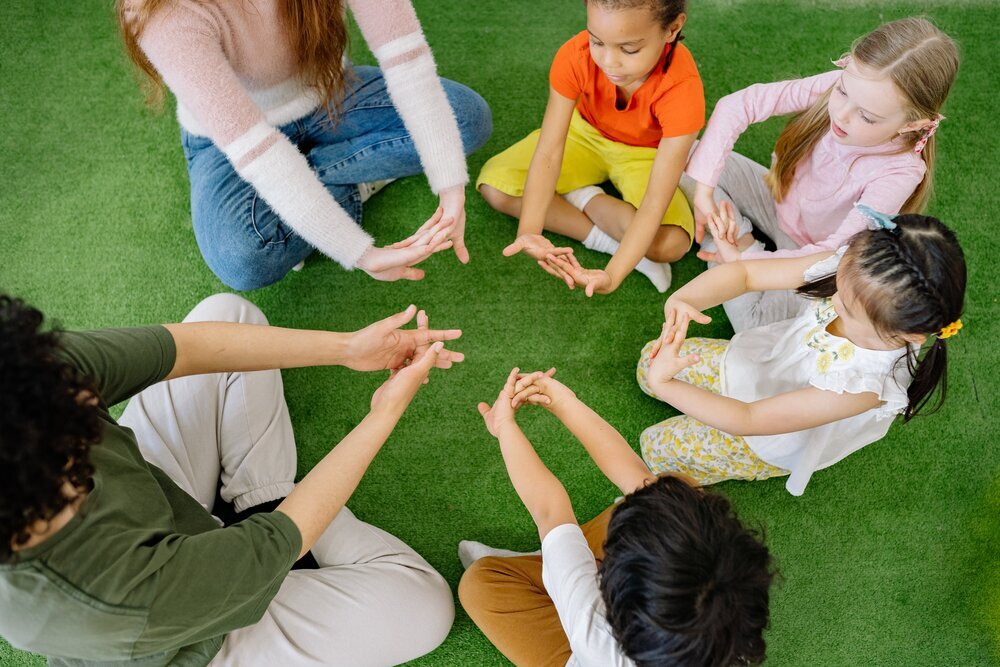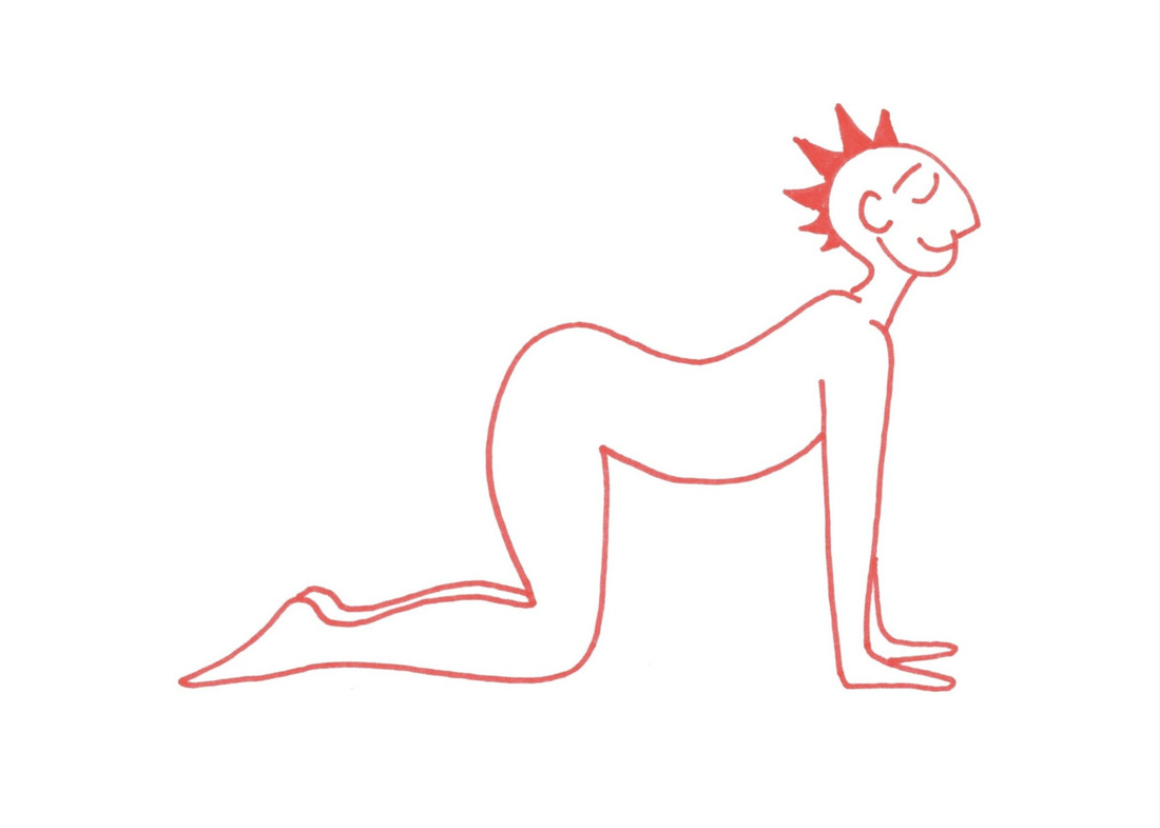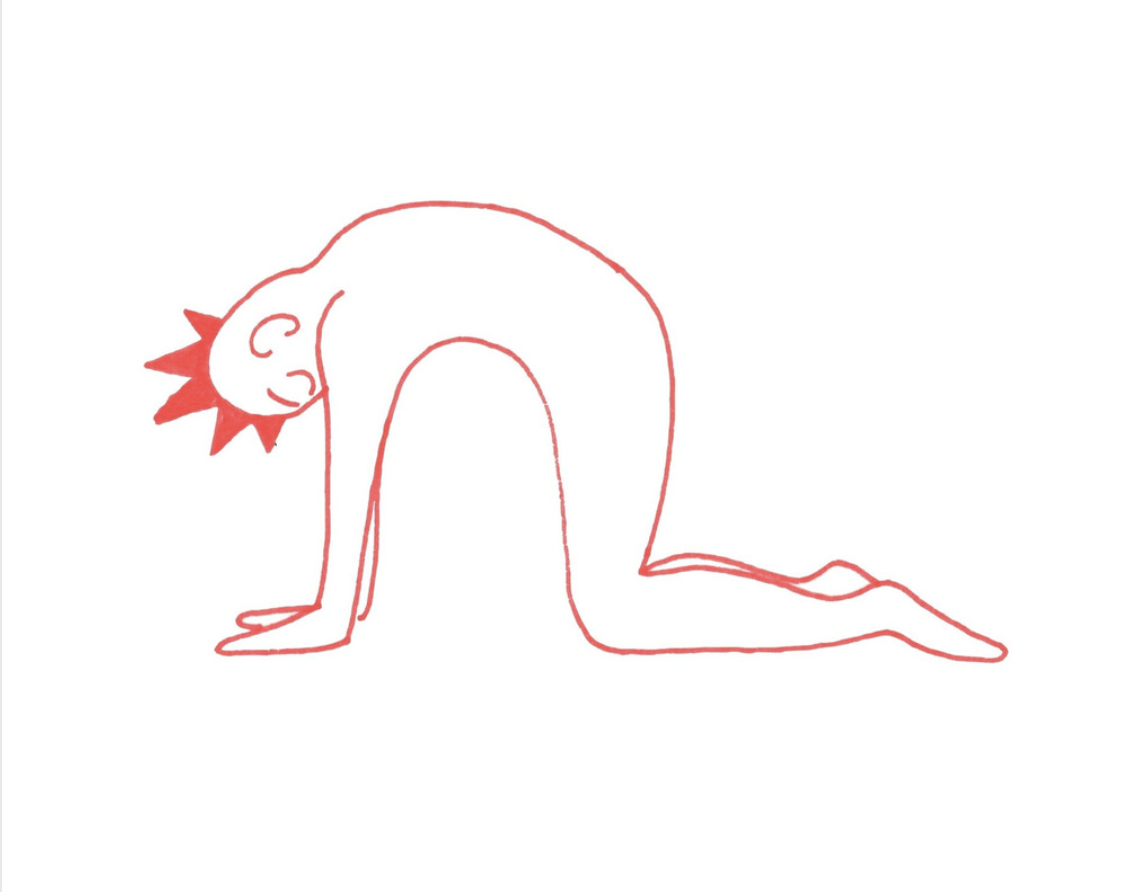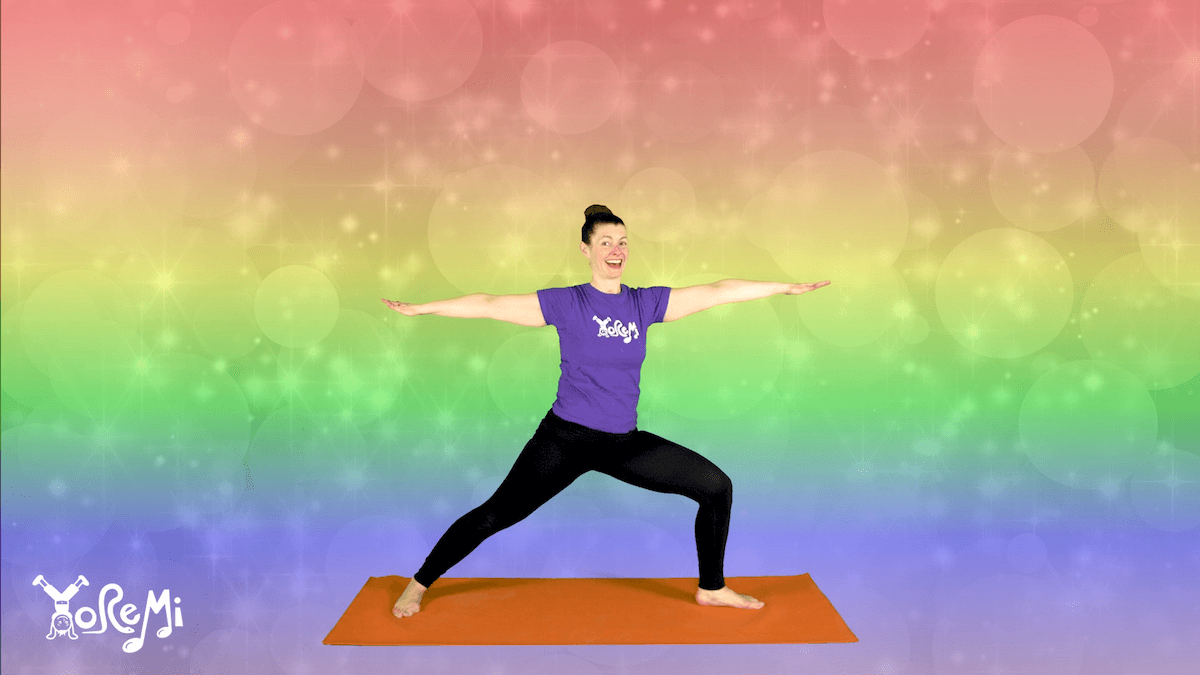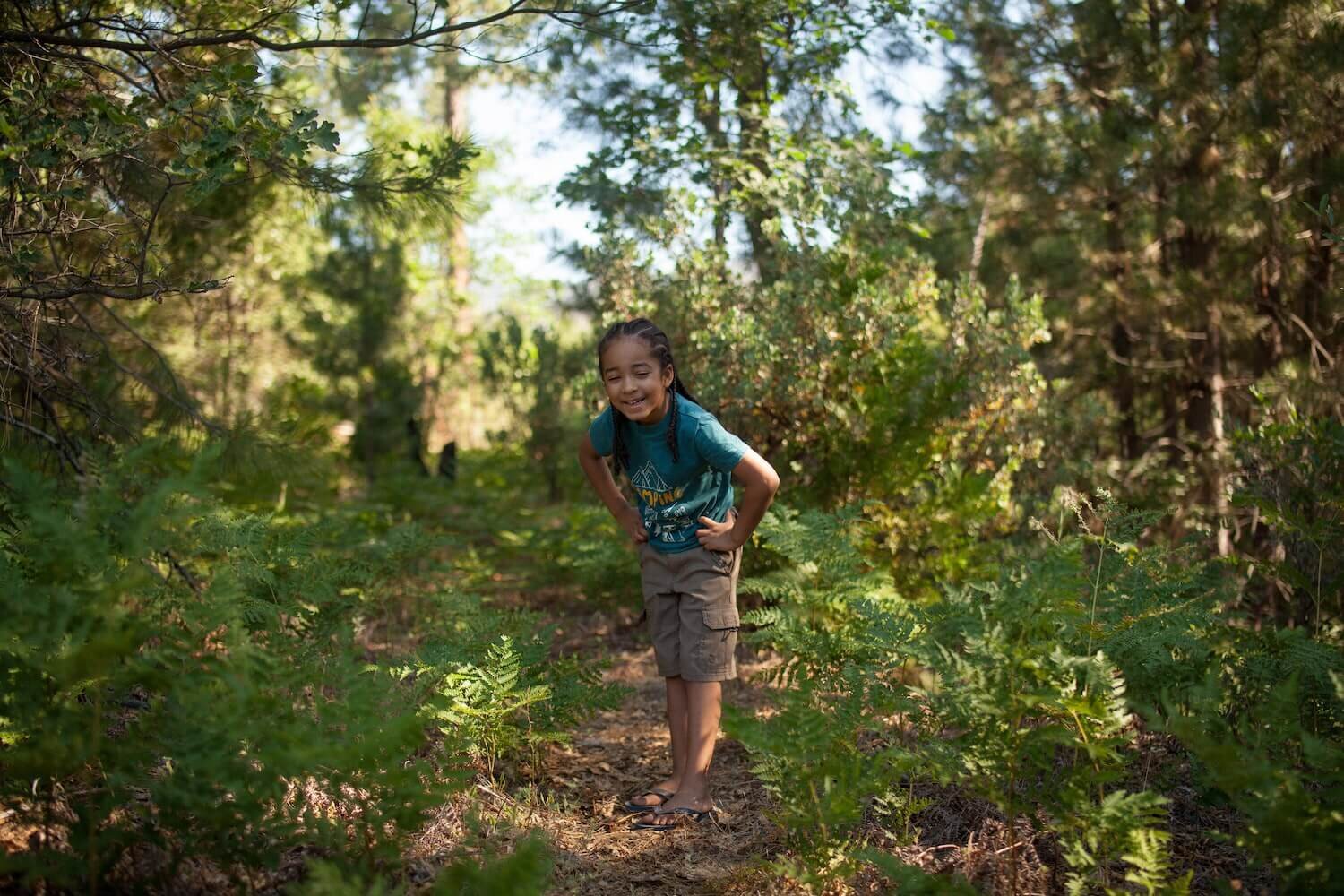Ways to Promote Transformation Through Yoga Mindfulness and a Growth Mindset
“AAARRRGHHH, I CAN’T DO IT!!!” His little face was a hot red all the way to the tips of his ears as tears pooled and threatened to overflow. His whole body tensed into a coiled spring reminding me of an angry volcano about to erupt.
I could physically feel every bit of his frustration as he threw his favorite new toy down onto the concrete and screamed, “I HATE THIS STUPID THING FOREVER!” Crossing his arms over his chest, he stomped away defiantly before crumpling into a pile of tears and defeat.
My darling 4-year-old’s world was ending… he was learning how to ride a pedal bike!
We’d been here before. When he finally got a scooter after a year of mastering his balance bike, the fact that he couldn’t immediately get up to “super-cat speed” was terribly disappointing. He threatened to throw that scooter in the garbage until, a mere 48 hours later, something clicked and miraculously his scooter was suddenly speedier…and wayyyy cooler!
Zipping his jacket all by himself, putting on his shoes, connecting the bridge to his wooden train tracks…each new skill, each new transformation has followed a similar trajectory. Excitement, then frustration, into practice and eventually, mastery.
“All things are difficult before they are easy.”
We all know it’s really, really tempting to stay safely inside our comfort zone. Most of us don’t seek out challenges or experiences that push us beyond the edge of our knowledge and expertise. Why would we? That stuff is hard, we risk failure and, honestly, we like how it feels to do things we already know we are really good at.
Nothing changes until our comfort zone becomes uncomfortable.
My son was perfectly happy riding his balance bike until he saw kids in the neighborhood zooming around on their scooters. He started fumbling to put on his own shoes and jacket when his desire to exert his independence outstripped his rush to get outside as quickly as possible.
He bravely climbed the nemesis rope ladder on the playground only when chasing some newfound friends who expertly navigated it in front of him.
Being left behind trumped his fear…It was amazing to watch his face as it happened. His scared eyes narrowing into determined focus and then widening in shock as he pulled himself onto the wooden platform. He pumped his fist in the air in victory and a huge grin spread across his face as he ran to catch up with the rest of the crew.
How a Fixed Mindset Hurts Our Growth
So, if we have ever experienced, as my son did, that the rewards are worth the risk, why do we resist? This may have to do with our tendency toward fixed mindset - the idea that we are born with certain innate skills and that those talents determine our success. Growing up, we may have been labeled - “You’re so pretty” or “You’re so smart” or “You’re so talented".
Unfortunately, words we think are positive compliments can actually limit a child’s potential. If I am praised for being “smart,” I will do anything I can to reaffirm that identity - sometimes by taking less challenging classes or choosing problems I know I can solve… there’s that pesky comfort zone again!
If my value comes from fixed character traits or qualities, then transformation and change automatically become scary unknowns.
Yoga helps us cultivate a growth mindset, which is basically the belief that we can develop abilities. In her book Mindset, Carol Dweck writes that people who have a growth mindset “believe that their most basic abilities can be developed through dedication and hard work—brains and talent are just the starting point. This view creates a love of learning and a resilience that is essential for great accomplishment.” By encouraging children to take the lead and learn, we give them space to grow!
How to Encourage a Growth Mindset in Yoga Class
Yoga classes provide a safe and nurturing space to learn and practice the process of growing skills. When we begin a new class, most of our students can barely stand on one leg, much less balance for an extended amount of time while maintaining calm body and breath.
I often hear young children say things like “I can’t do it” or “I’m not good at this.” Just like my son, throwing his shiny new bike onto the ground.
So what can we do when we encounter a child’s frustration with learning something new? It may be tempting to jump in and try to fix it, but that is ultimately disempowering and will rob them of the opportunity to solve problems themselves.
First, acknowledge their frustration saying something like “I see you are really upset.” By naming and observing the emotion, we help them create some separation between their self and their feelings.
Next, take some deep breaths together. When a child is mid-meltdown, providing emotional connection allows them to feel heard and safe, which automatically helps soothe and regulate their nervous system.
Once calm, you can start to effectively employ logic by asking questions…”Do you want to talk about why you are upset?” or “What happened that made you so frustrated?”
Take this opportunity to acknowledge that they are learning. “You are learning to ride your bike and that can be really frustrating.” Remind them of another time they had to learn a new skill…how they felt at first, how hard and often they worked at it, and ultimately how they triumphed.
Encourage the process rather than the final result - add the word YET. “I know you feel like you can’t balance in tree yet, but I also see you are trying so hard that even when you fall, you get back up and keep going. That takes a lot of courage.”
“The expert at anything was once a beginner.”
“I can’t do it yet” means we know if we are willing to struggle and try, that “can’t” is not fixed in stone. It opens us up to the possibility of success and the idea that the process of learning something new is actually the reward.
TRY THIS: TREE POSE
Discuss with children how even a small seed holds the possibility to grow into a strong tree.
Practice traditional tree pose using fact-based observations to reflect and acknowledge effort.
Give each child the opportunity to share their own unique tree pose variation.
Over time, acknowledge any progress they make in balancing and remind them where they started.
When we practice growth mindset, failure and setback simply become information and an opportunity for deeper learning. We begin to seek out challenges and live beyond the edge of our comfort zone. Ultimately, a shift in perspective is all we need to go from dreading change to welcoming it with open arms.
Teach children the value of transformation by practicing these 3 yoga poses and sequences that transform:
1. Caterpillars Into Butterflies
One of the most common ways children explore transformation in the classroom is to watch the life cycle of a butterfly. As the caterpillar grows, changes into a chrysalis and then emerges a butterfly, children can experience change as a necessary and beautiful miracle of nature.
Ask children open-ended questions, “What might have happened if the caterpillar was scared of change?” and invite them to feel and comment about what change feels like as their bodies move through each stage of the cycle.
2. Remember to Go With The Flow
I have noticed most of my irritation often stems from unmet expectations. I am much more accepting of bumper-to-bumper traffic when I know I have chosen to drive somewhere in the middle of rush hour and therefore leave myself extra time. On the other hand, an unexpected train delay caused by signal problems can create a storm of annoyance and anger.
It’s the same when learning something new - why do we think we have to be perfect at everything right away? Why do we think that things will always go exactly how we plan them?
It’s more likely that they won’t…and thank goodness, because the magic of life often dwells outside of our carefully orchestrated schemes. Do you know how to go with the flow?
3. Bubble…Bubble…BOOM!!!
The funniest thing about the drama with my son and his pedal bike is that, less than 5 minutes after the most major meltdown ever, he was back on his bike smiling and pedaling like nothing had happened at all. I may have been teaching him but he was teaching me at the same time. Young children are completely and fully in the present. What he felt was so strong and violent, and then…poof…it was gone. No need to sulk or stew, that was then and this…is now.
Like a dormant volcano, stable and strong, quiet and peaceful until…BOOM! And then, back to a mountain! Practicing volcanoes gives children a chance to practice being quiet and loud as well as physically small and big. This helps them realize that both extremes are possible, as well as everything in between.
When children learn to enjoy effort, they will continually seek out opportunities to learn new skills. When we encourage them to love, rather than fear, challenges, get curious about their mistakes and motivated by their setbacks, we are teaching them self-determination and empowering them to become leaders and innovators of the future. Children learn from what we do more than what we say. So, if we are going to model this, we also have to start practicing this ourselves.
“Change is hard at first, messy in the middle, and gorgeous at the end.”
Here’s to all of us, endeavoring to take the risks, make the messiest of mistakes and, with humility and effort, the brightest of futures!
For extra guidance or more resources, browse our listing of free yoga and mindfulness videos available 24/7, or request a Yo Re Mi kids yoga class or educators’ workshop at your school.
Share this post:
Rachel Costello is the Executive Director of Yo Re Mi. She is a professional touring musician and Yoga Alliance registered teacher (ERYT200, RCYT, RPYT, YACEP) specializing in hatha, vinyasa, prenatal, postpartum, and yoga for labor and delivery. Through Yo Re Mi Rachel brings musical yoga enrichment to NYC children. Rachel has taught adults and children since 2005 and believes yoga harnesses our innate energy to increase self-awareness, confidence, health, positivity and balance, while having FUN!




